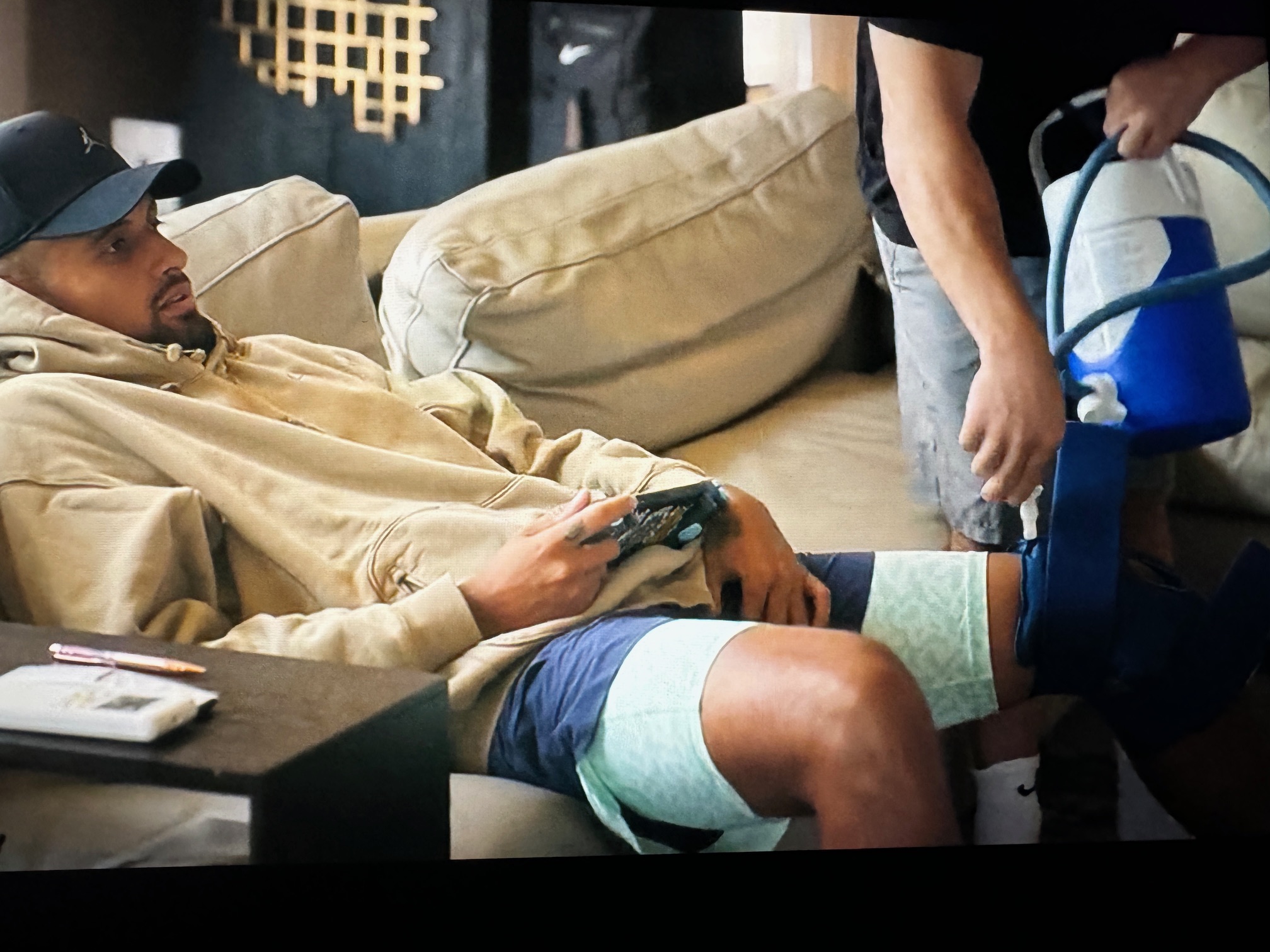I am really into rigorous peer-reviewed scientific research. It’s even better when it is directly tennis specific. Frontiers in Psychology recently added to the substantial body of research on how mental strategies can improve tennis performance. I am here for that.
The study was performed on a group of young tennis players who used a combination of goal-directed self-talk and motor imagery specific to serve performance. Essentially that boils down to mental imagery training similar to the “Think System” from the classic Broadway hit “The Music Man” except it actually works.
During the training, some participants were instructed to practice mental imagery before each serve by envisioning themselves successfully hitting the shot. A second group was asked to perform both mental imagery as well as positive self talk before each serve. The control group did the same physical training but were not instructed to engage in any mental strategies.
Participants who practiced mental imagery with and without the self-talk improved their performance following the training. That was measured in terms of both success percentage and efficiency of first serves. The control group saw no change in performance.
I have always believed in mental imagery techniques and this study inspires me to bump up my efforts in this area. As a bonus, this training technique can be performed from the comfort of my own couch yet still actually works. You should give it a try.
- Self-talk and mental imagery improves young tennis players’ serve performance, study finds, Beth Ellwood, PsyPost, June 30, 2022.
- Beneficial Effects of Motor Imagery and Self-Talk on Service Performance in Skilled Tennis Players, Nicholas Robin et al, Frontiers of Psychology, May 6, 2022.



